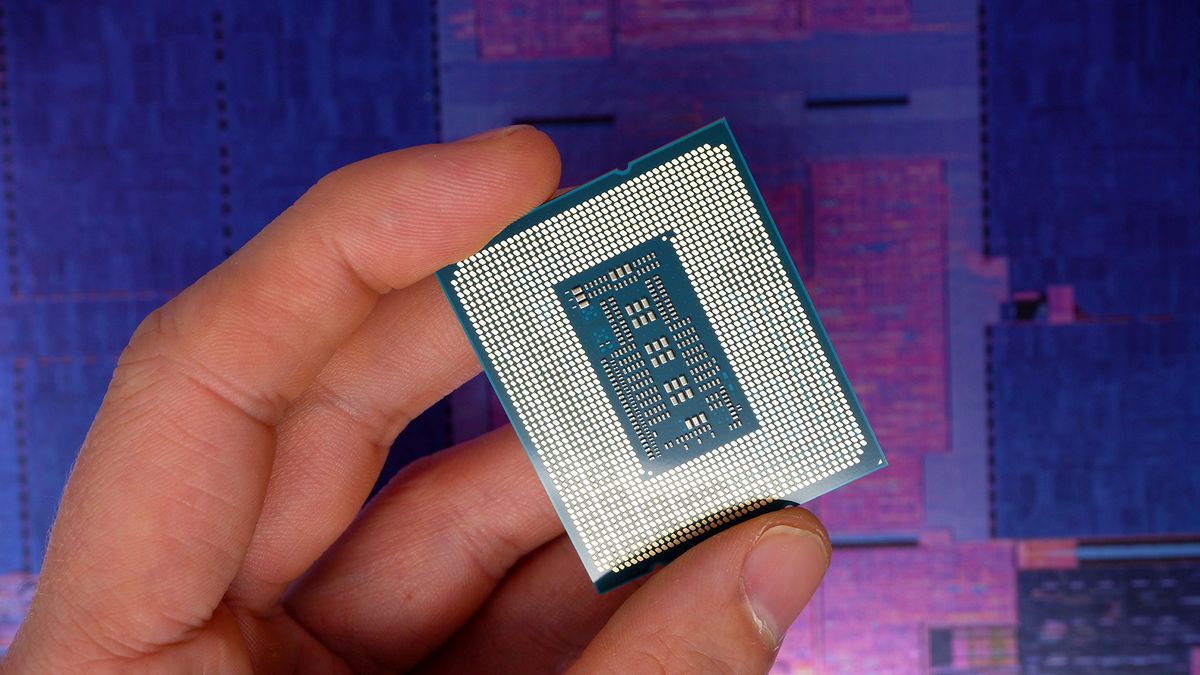- Some Intel thirteenth and 14th Gen CPUs (particularly high-end ones) have been crashing, and even failing
- The difficulty is brought on by “elevated working voltage”
- It impacts thirteenth and 14th Gen CPUs of 65 W Processor Base Energy and better
- A mid-August microcode patch is deliberate to repair the difficulty for CPUs that haven’t but been affected
- In case your CPU is affected by elevated working voltage and also you’re experiencing instability, contact Intel buyer assist
Many PC players are understandably involved about stability points dealing with Intel thirteenth and 14th Gen CPUs, codename Raptor Lake, and particularly the Core i9 13900K and Core i9 14900K. Over the previous few months there have been growing reviews of stability points and recreation crashes, and even some reviews of chip failure.
Though points had been famous in 2023, in 2024 issues solely obtained extra complicated as Intel, motherboard companions, recreation devs, tech journalists, and even Nvidia speculated about underlying causes or doable options. Intel’s now formally investigating the difficulty, which it says is due to a microcode fault affecting voltages, and is planning a repair for August.
Standing replace: What is the newest
August 2, 2024: We’re ready to listen to extra from Intel in regards to the “elevated working voltage” that it says is inflicting instability points in thirteenth and 14th Gen CPUs which have a Processor Base Energy of 65W or increased. That features all Ok-series desktop processors.
We’re additionally ready for a microcode patch that Intel says ought to repair the difficulty for CPUs not already affected. Intel’s focusing on mid-August for rolling this patch out.
For customers already affected, Intel recommends contacting its buyer assist. The corporate additionally simply introduced “two-year prolonged guarantee assist for our boxed Intel Core thirteenth and 14th Gen desktop processors.”
What is the problem, precisely?
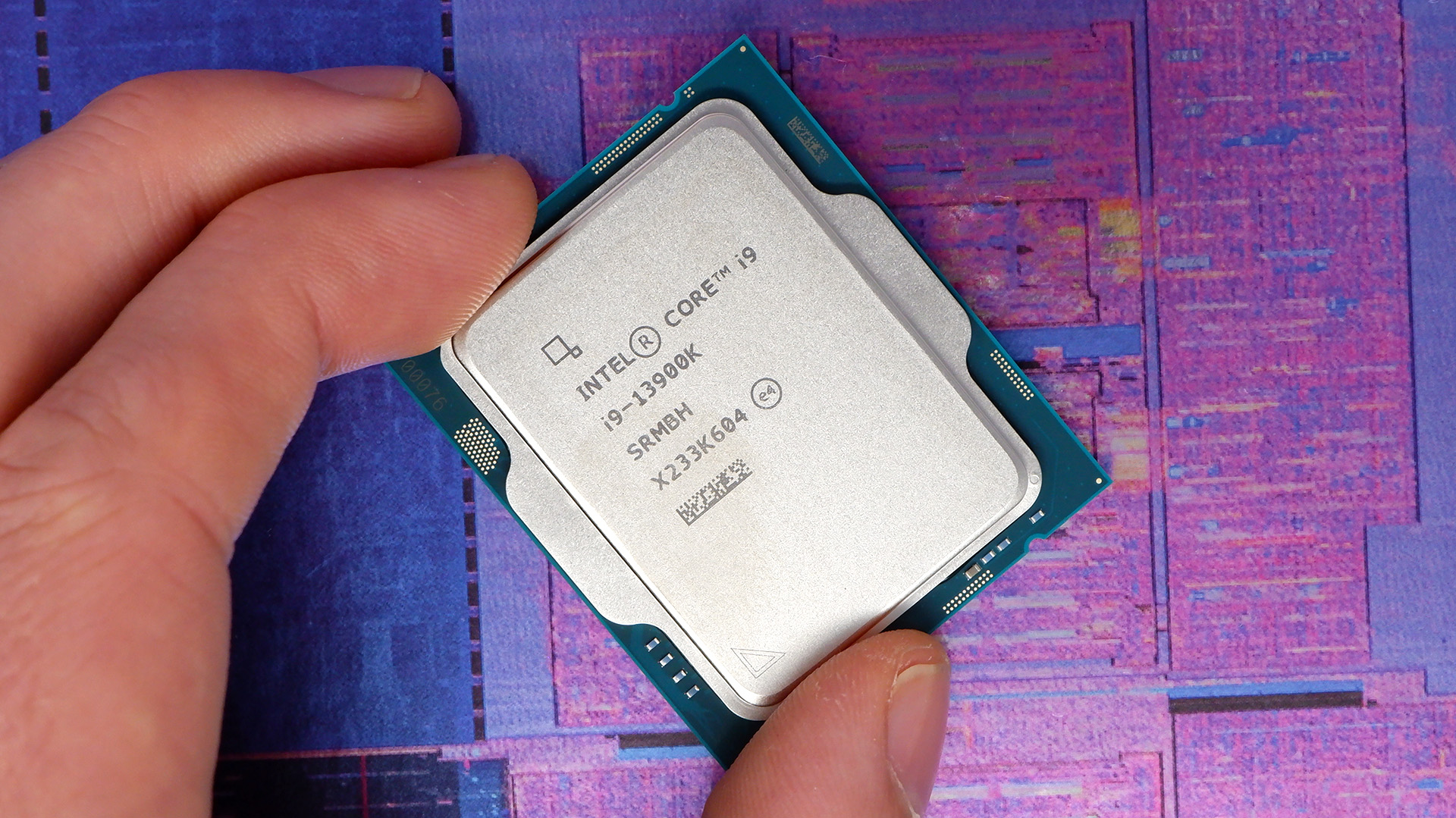
From mid-2023 onwards, we began to listen to growing reviews from recreation devs and players that high-end Intel thirteenth and 14th Gen CPUs (primarily the Core i9 13900K and Core i9 14900K) had been crashing in Unreal Engine video games. By mid-July 2024 it turned apparent that these Raptor Lake CPUs have stability points. Each CPUs in servers and end-user methods have been famous to have a excessive prevalence of crashes and even chip failure.
These crashes appear to happen throughout shader compression/decompression/compilation in video games. The crash errors typically reference an issue with video reminiscence, which could trace at a GPU problem however, in reality, are brought on by the CPU. The errors may additionally reference knowledge corruption. The soundness points additionally appear to manifest as normal crashes, hang-ups, or unpredictable behaviour when the CPU is beneath heavy hundreds.
Over the previous few months, the options supplied up have been solely short-term band-aids, similar to underclocking or undervolting the CPU, which recreation devs and Nvidia really helpful. In what now looks like one other band-aid, again in April, Intel really helpful motherboard producers implement BIOS recordsdata that adhere to Intel’s really helpful energy profiles. Producers began to take action, however sadly the up to date BIOS recordsdata did not observe Intel’s newest suggestions.
Now, Intel has admitted that there is really an issue with the CPU microcode inflicting “elevated working voltage” in affected processors and is planning on rolling out a mid-August microcode patch to repair the difficulty. Whereas Intel has stated it will not recall chips already affected, the corporate encourages anybody dealing with points to contact buyer assist.
When did we all know in regards to the problem?

The primary hints that one thing is perhaps unsuitable with Intel thirteenth and 14th Gen CPUs got here throughout mid- to late-2023 when some recreation builders recognized heightened crashing dangers for them in video games.
In its August 2023 Remnant 2 replace notes (through TechSpot), Gearbox acknowledged: “We have now recognized a difficulty on some Intel thirteenth technology CPUs the place upon startup the sport will show a message about being out of video reminiscence or the crash reporter will pop up referencing a difficulty with decompressing a shader. In the event you expertise this downside, you’ll doubtless additionally see it in different DX12 video games.”
Gearbox really helpful underclocking affected CPUs utilizing Intel’s Excessive Tuning Utility (XTU).
On the finish of 2023, Vermintide 2 developer Fatshark stated, “It has been famous that gamers with the Intel i9 13900k/14900k and Intel i7 13700k/14700k CPUs are inclined to those crashes. Gamers have been capable of work round this by underclocking the ‘Efficiency Core’ pace utilizing Intel XTU, from x55 to x53.”
Related reviews continued into 2024. In February, RAD, a division of Epic Video games, pointed the finger at Intel for Unreal Engine recreation crashes, stating, “We consider that it is a {hardware} downside which impacts primarily Intel 13900K and 14900K processors, much less doubtless 13700, 14700 and different associated processors as nicely.”
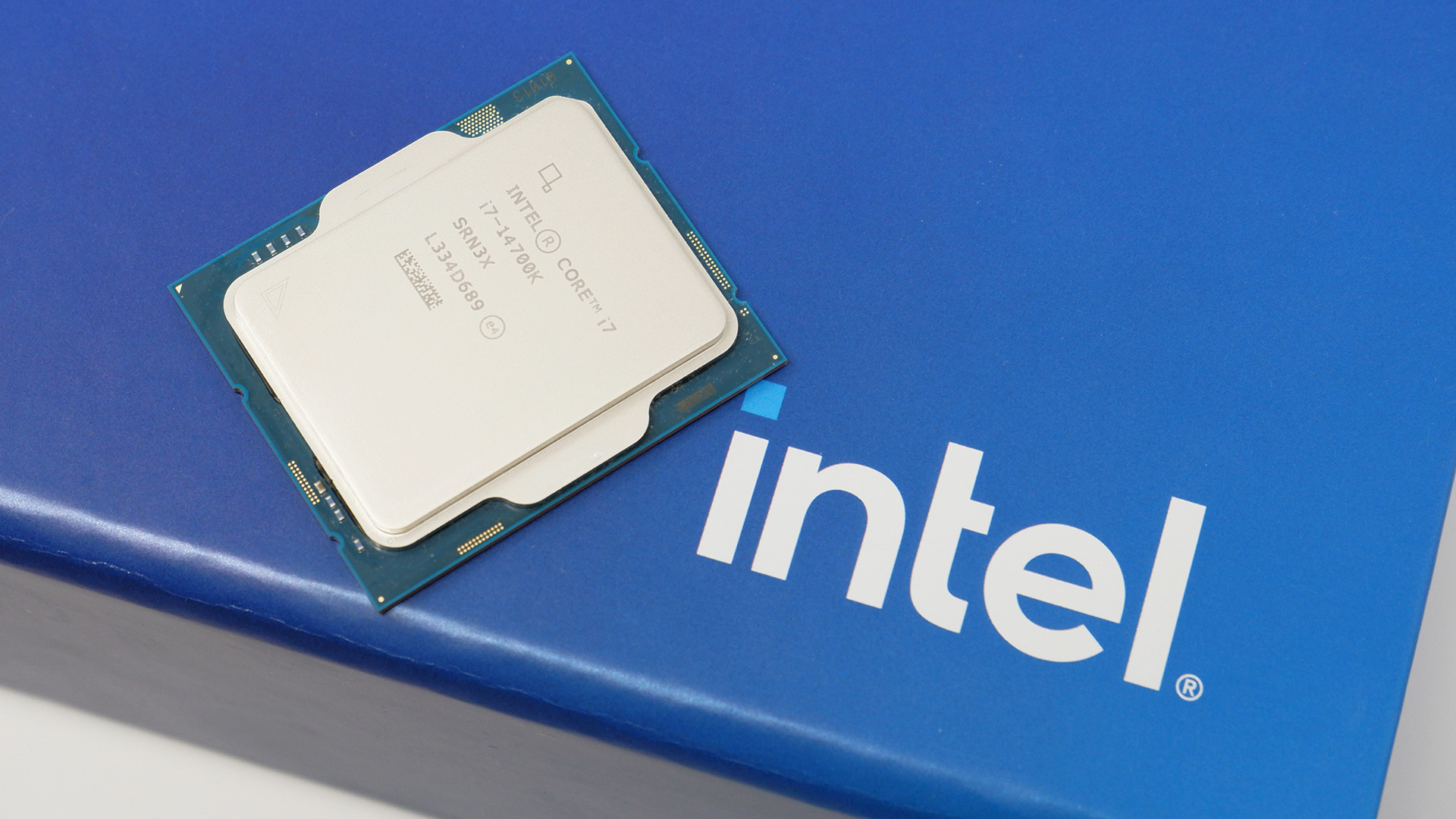
Increasingly more Unreal Engine video games gave the impression to be having issues with the current- and previous-gen Intel processors, notably the high-end Core i9 13900K and Core i9 14900K, primarily throughout shader compilation. Round this time, all types of potential causes and options had been bandied about, together with undervolting the CPU.
In seeming settlement with Fatshark and others, Nvidia reportedly really helpful (through Tom’s {Hardware}) affected customers underclock their CPUs (and do not forget that clock frequency scales with voltage, so an underclock is equal to an oblique undervolt).
Intel finally began investigating the difficulty, telling ZDNet Korea that it “is conscious of issues that happen when executing sure duties on thirteenth and 14th technology core processors for desktop PCs, and is analyzing them with main associates.” It was additionally leaked that Intel really helpful partnered “system and motherboard producers to supply finish customers with a default BIOS profile that matches Intel really helpful settings.”
Motherboard producers began to implement “really helpful” Intel Baseline Profiles to BIOS recordsdata. Asus added a Baseline profile, however it did not do fairly what Intel really helpful. Different motherboard distributors adopted swimsuit, releasing BIOS updates that, in response to Intel, did not totally adhere to Intel’s suggestions.
Intel stated (through Hardwareluxx), “A number of motherboard producers have launched BIOS profiles labeled ‘Intel Baseline Profile’. Nonetheless, these BIOS profiles usually are not the identical because the ‘Intel Default Settings’ suggestions that Intel has not too long ago shared with its companions relating to the instability points reported on thirteenth and 14th gen Ok SKU processors.”
The corporate then introduced a desk to clarify its precise suggestions and pressured motherboard producers to implement correct default settings.
Then, in June, Intel discovered and patched a CPU microcode bug that wasn’t the basis explanation for the issues however may have “doubtlessly contributed” to thirteenth and 14th Gen instability. However provided that the bug in query was to do with a thermal increase function on the i9 chips, this solely raised additional questions on deeper thermal and voltage points.
The soundness points had been then introduced again into the complete mild of day when, in mid-July, recreation developer Alderon Video games stated it was switching all its servers to AMD, claiming it is “solely a matter of time earlier than affected CPUs fail.”

Watch On
Additional intrigue was sparked when YouTuber Level1Tech investigated Intel stability points by wanting by knowledge some recreation devs gave him, discovering that 90% of errors occurred for Intel thirteenth and 14th Gen methods. Level1Tech additionally spoke to a datacentre service supplier that confirmed “unusually excessive” assist incidents for Intel thirteenth and 14th Gen configurations.
The truth that servers gave the impression to be dealing with points with thirteenth and 14th Gen chips made folks assume it won’t be brought on by high-end CPUs being pushed to the boundaries, as a result of server CPUs are sometimes decrease energy for stability.
Nonetheless, there was nonetheless affordable hypothesis that the problems could possibly be due to elevated or incorrect voltages. As an example, on 14 July, Buildzoid identified that the soundness points appear to be worse on increased voltages, which is why the Core i5 14600K and decrease have fewer crash reviews, as a result of they principally function beneath 1.4V.
There’s additionally been hypothesis over the difficulty being degradation brought on by oxidation, however Intel has denied that oxidation is expounded to the present stability points. It has, nevertheless, confirmed that Oxidation points had been “recognized in late 2022” and that the corporate was “capable of affirm full removing of impacted processors in our provide chain by early 2024,” however that “on-shelf stock could have persevered into early 2024 in consequence.” Regardless of the case, Intel claims that is unrelated to the soundness points in query.
Intel then confirmed that the soundness points are, as others had speculated, to do with incorrect voltages, telling us that “elevated working voltage is inflicting instability points in some thirteenth/14th Gen desktop” and this “is stemming from a microcode algorithm leading to incorrect voltage requests to the processor.” It additionally stated it’s “delivering a microcode patch which addresses the basis explanation for publicity to elevated voltages,” and that it is focusing on mid-August for the patch launch.
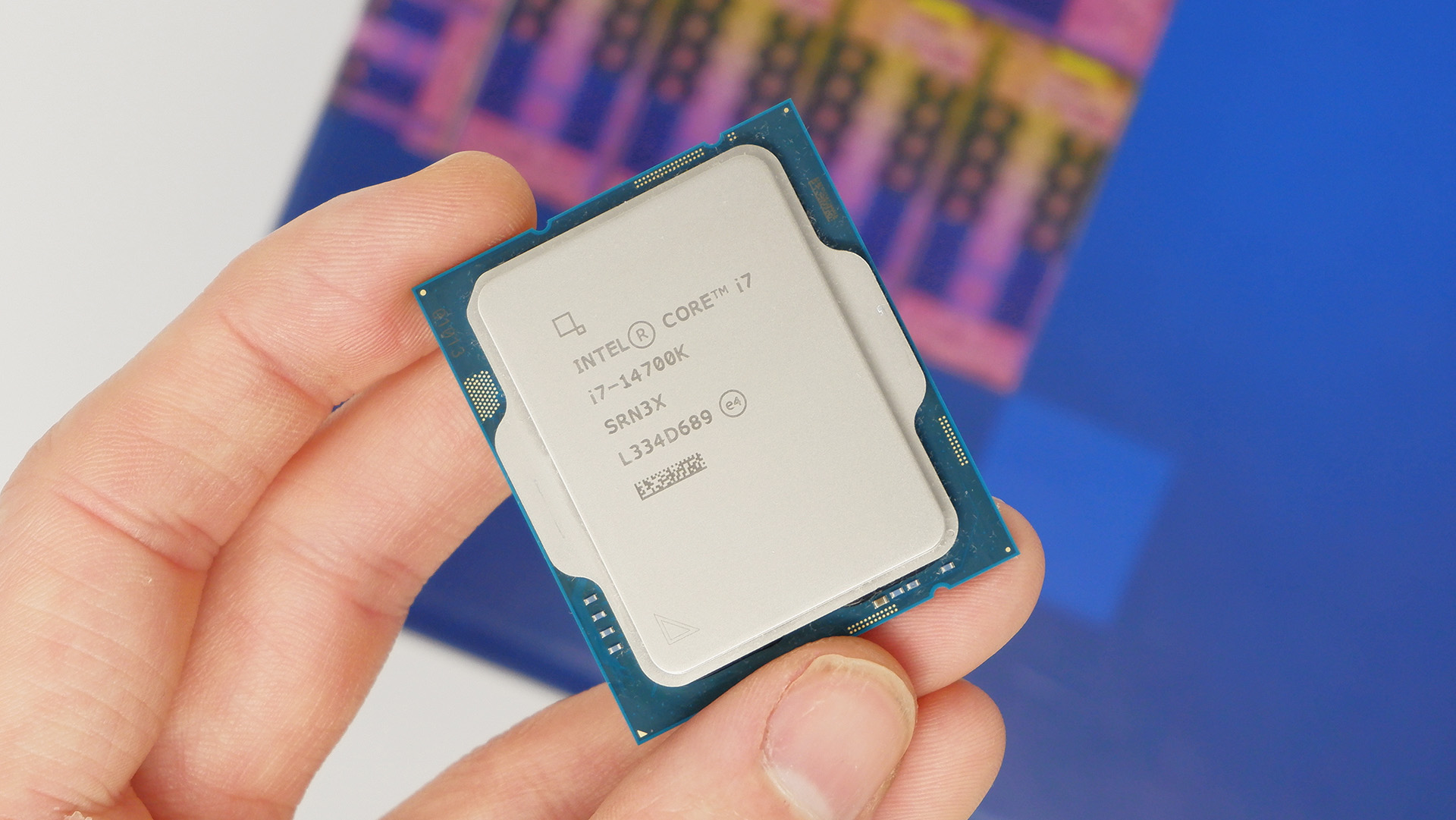
Since then, it is principally been a ready recreation. However Intel has advised The Verge that it will not recall chips already affected, stating that “prospects experiencing instability on their thirteenth or 14th Technology desktop processor-based methods ought to contact Intel buyer assist for additional help.”
The corporate additionally confirmed that thirteenth and 14th Gen processors with a 65W Processor Base Energy or increased could possibly be affected (although in fact not all can be). This implies not simply the i9s, however doubtlessly all the way in which right down to the Core i5 13400 and Core i5 14400, too.
That is the place we’re at proper now, no less than formally: We’re ready for Intel to push out its mid-August patch. Unofficially, although, the hypothesis and investigation continues. As an example, Buildzoid has been taking a look at Intel CPU voltages by oscilloscope, and, in response to one discussion board abstract, exhibits the issue appears to be brought on by non-standard transient voltage spikes (along with the extra regular ones). These spikes will not be picked up by regular voltage monitoring packages as a result of they happen too rapidly. This, so the idea goes, is perhaps inflicting the processors to degrade prematurely.
That is unofficial, although, so for now we await additional phrase from Intel. It would already be too late for public opinion and popularity, nevertheless, as a regulation agency has already began investigating whether or not to launch a class-action lawsuit towards Intel over the instability points.
In case you have an affected CPU, you may contact Intel buyer assist right here. Intel’s simply introduced “two-year prolonged guarantee assist for our boxed Intel Core thirteenth and 14th Gen desktop processors,” too.
This is what I believe
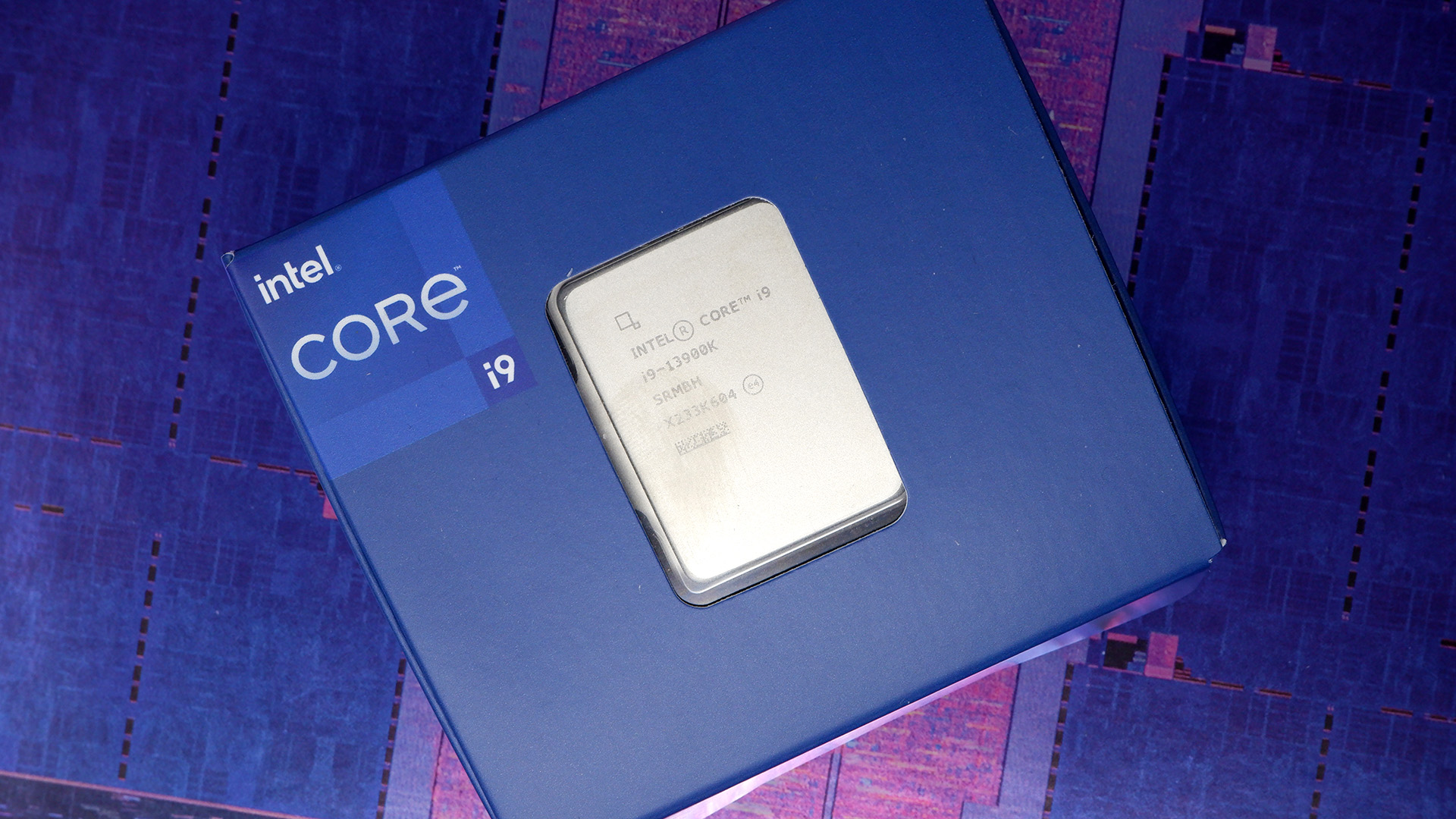
I can not reliably suggest buying an Intel thirteenth or 14th Gen CPU proper now, no less than not with out some main warnings in place.
It’s because Intel has been lower than forthcoming in regards to the prevalence of affected CPUs, the sorts of issues they’re more likely to face, and the way thirteenth and 14th Gen customers can inform whether or not their CPU has already been affected. We additionally do not know which CPU batches had been affected by the separate problem of oxidation.
Intel’s taken too lengthy, for my part, to analyze and resolve these issues. These points had been famous way back to mid-2023, and so they had been famous with some prevalence early in 2024. The back-and-forth between Intel and motherboard companions earlier within the 12 months solely appeared to obfuscate the difficulty for bizarre PC players.
If the upcoming microcode patch fixes the issue and we may be certain all newly bought thirteenth and 14th Gen CPUs can be effective, I can fortunately suggest them once more. However till we all know that is the case, I counsel warning. The fixes others have advised (similar to underclocking) are band-aids to a deeper underlying downside and, at any price, lower efficiency, so the official microcode patch is what we’re ready for.

